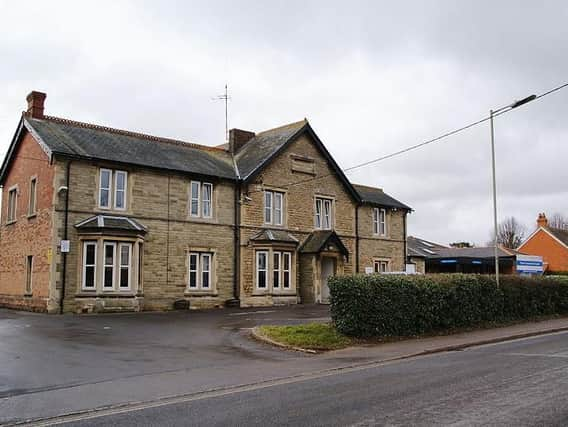New healthcare investment to bring care closer to patients' homes


From April 2017, the trust will start to introduce new developments to the way care is delivered in the community and will be investing over £1m to expand community services.
This will double the number of outpatient appointments offered at some community hospitals, provide short term support packages to bridge the gap between home and hospital to over 3000 people and reduce hospital admissions, seeing 350 people through a new frailty assessment service.
These developments include:
Advertisement
Hide AdAdvertisement
Hide Ad- Frailty assessment clinics. A key feature of the community hubs will be frailty assessment clinics. The launch of these new clinics in Thame and Marlow, in addition to those already running at Stoke Mandeville and Wycombe hospitals, will help frail older patients avoid a visit to Accident and Emergency or a hospital admission. Teams of elderly care consultants, nurses, therapists, paramedics and GPs will provide expert assessments, undertake tests and agree a treatment plan with patients. If required they can refer patients to the right community or hospital team to provide ongoing support or treatment. During the community hubs pilot, clinicians will not use the 20 inpatient beds at Marlow and Thame hospitals. Instead the space will be used to run the frailty assessment clinics, where more than 350 patients will benefit from this new service.
- Locality integrated teams to provide joined up care. Integrated teams, including nurses, therapists and social workers linking with GPs and practice nurses, will provide 24/7 cover to manage those patients identified as needing the greatest health and care support, typically those who have long term conditions. As a result patients will receive better, more co-ordinated care in their homes.
- Rapid response intermediate care. Therapists, care staff and community nurses will provide short-term packages of support in people’s own homes of up to six weeks to those who would benefit from a ‘jump start’ back to independence. These packages of care will help avoid a stay in hospital and help patients to leave hospital promptly once they are able to do so.
- Community care coordinator This will provide GPs, hospital clinicians and other health and social care staff with 24/7 phone and email ‘single point of access’ to organise specialist community services for their patients.
Advertisement
Hide AdAdvertisement
Hide AdDr Tina Kenny, medical director at Buckinghamshire Healthcare NHS Trust, said: “We want to make health and care services safe, sustainable and able to meet the future needs of our local population.
“We have consistently heard that people want their care delivered out of hospital and in local communities.
"We also know that people want to avoid unnecessary travel, better coordination between organisations and be given the support to manage their own health and wellbeing.
"By expanding the support available to people in the community, as these schemes do, we can keep our patients healthy, independent and avoid an unwanted stay in hospital.
“We will monitor how well things work over the next six months and use our learning to inform our final plans, with a view to a further expansion of the scheme to other parts of the county.”